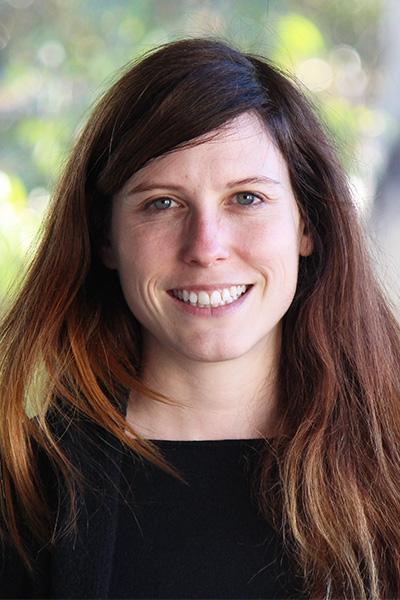
Dr Marie-Eve Loiselle
Prior to enrolling in her PhD, Marie-Eve was a research officer on the ARC linkage project ‘Strengthening the rule of law through the United Nations Security Council’ at the Australian National University.
She completed a Bachelor of Law at the University of Montreal, with a certificate in Transnational Law from the University of Geneva, and a Master in Strategic Studies from the Australian National University.
Marie-Eve undertook internships and worked with international organisations on issues related to international law and human rights. She has two years of corporate law experience with a private firm in Montreal, Canada.
Marie-Eve’s thesis explores how the wall operates as a technology of regulation. Walls have been used for centuries as a form of protection against a variety of threats, real or perceived. They have been built to defend against thefts, invasions and threats to cultural identity.
Today, almost 50 walls or barriers are standing, or are being planned by States to hamper entry to or movement within their territory. This is despite the perception that we are living in a time where borders are losing their relevance in the face of the necessities of a globalised world.
By studying the wall, which encompasses issues of power, control and free movement, through a regulatory lens this thesis builds on both the literature on regulation and physical partitions.
This contribution questions how the wall emerges as an instrument of regulation. It also assesses how the regulatory power of the wall, as an element of the build environment of the borderland, is deployed through its sheer materiality, but also through discursive processes.
In order to do so, it explores which political and legal discourses are used to promote or subvert the wall’s stated or tacit objectives and how these discourses are interpreted and to what effect.
It also looks at how the aesthetics qualities of the wall and the borderland affect behaviours and events? Empirical evidences will be drawn from two sites of physical partitions: Belfast where peacelines are standing to separates people on political and religious grounds and the United States and Mexico borderland, also physically divided by walls.
Research Interest
International law, human rights, regulatory theory and social theory.